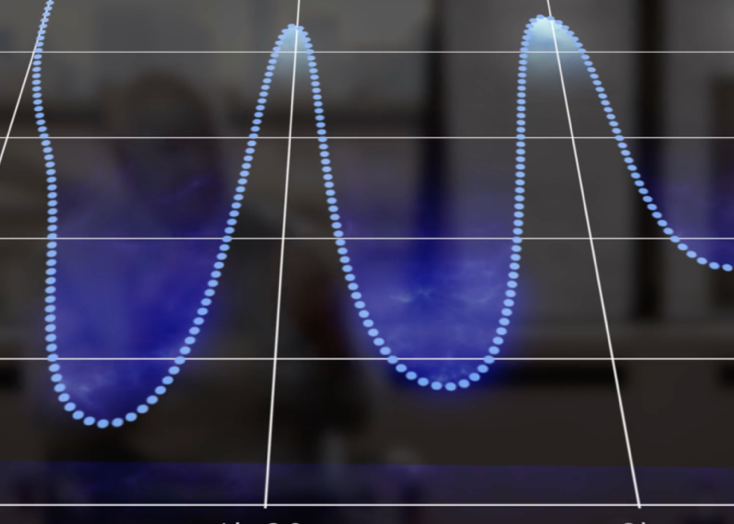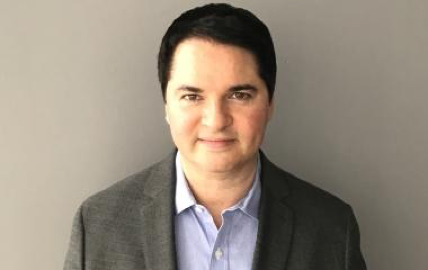Sleep Requirements by Age and Sex
How many hours of sleep do most people need? Sleep guidelines tend to remain relatively stable: newborns need 14 to 17 hours per night; teenagers need eight to 10; and adults aged 18 to 80 need an average of seven and nine hours each night.

How many hours of sleep do most people need? Sleep guidelines tend to remain relatively stable: newborns need 14 to 17 hours per night; teenagers need eight to 10; and adults aged 18 to 80 need an average of seven and nine hours each night. That said, there are a couple of factors to keep in mind, for certain life stages.
Teens
All of us have an internal clock, called the circadian pacemaker, that helps regulate when we fall asleep and wake up. “Due to changes in the circadian alerting system related to development, the preferred times for falling asleep and waking are typically delayed in adolescents,” according to the Division of Sleep Medicine at Harvard Medical School. That’s why your typical teenager is a night owl: their biological clock keeps them from feeling sleepy until the wee hours.
Men and Women
For men, sleep plays an important role in testosterone production. During the REM cycle of sleep, the endocrine system is kicked into high gear and the brain sends a signal to increase testosterone production for the day ahead. Sleep deprivation can have serious effects on levels. (One study found that five hours of sleep decreased testosterone levels by 10 percent to 15 percent.)
Women, on the other hand, can thank menopause for disrupted sleep. Hot flashes, changes in breathing, and decreasing hormone levels can lead to many restless nights during the time between perimenopause and post-menopause, according to the National Sleep Foundation.
Over 50
As we age, our internal clocks shift yet again: “On average, after the age of 50, our circadian clock tends to shift to an earlier time,” said Dr. Rosenberg. According to the National Sleep Foundation, studies on the sleep habits of older Americans show an increase in the time it takes to fall asleep (sleep latency), an overall decline in REM sleep, and an increase in sleep fragmentation (waking up during the night). The prevalence of sleep disorders also tends to increase with age.
“As people age, the window during which the internal clock enables sleep narrows. This may explain why older people tend to wake up early in the morning and fall asleep earlier in the evening,” according to the Division of Sleep Medicine at Harvard Medical School. (Advanced sleep phase syndrome is the technical term.) “The sleep rhythm is shifted forward so that 7 or 8 hours of sleep are still obtained but the individuals will wake up extremely early because they have gone to sleep quite early,” according to the National Sleep Foundation.

